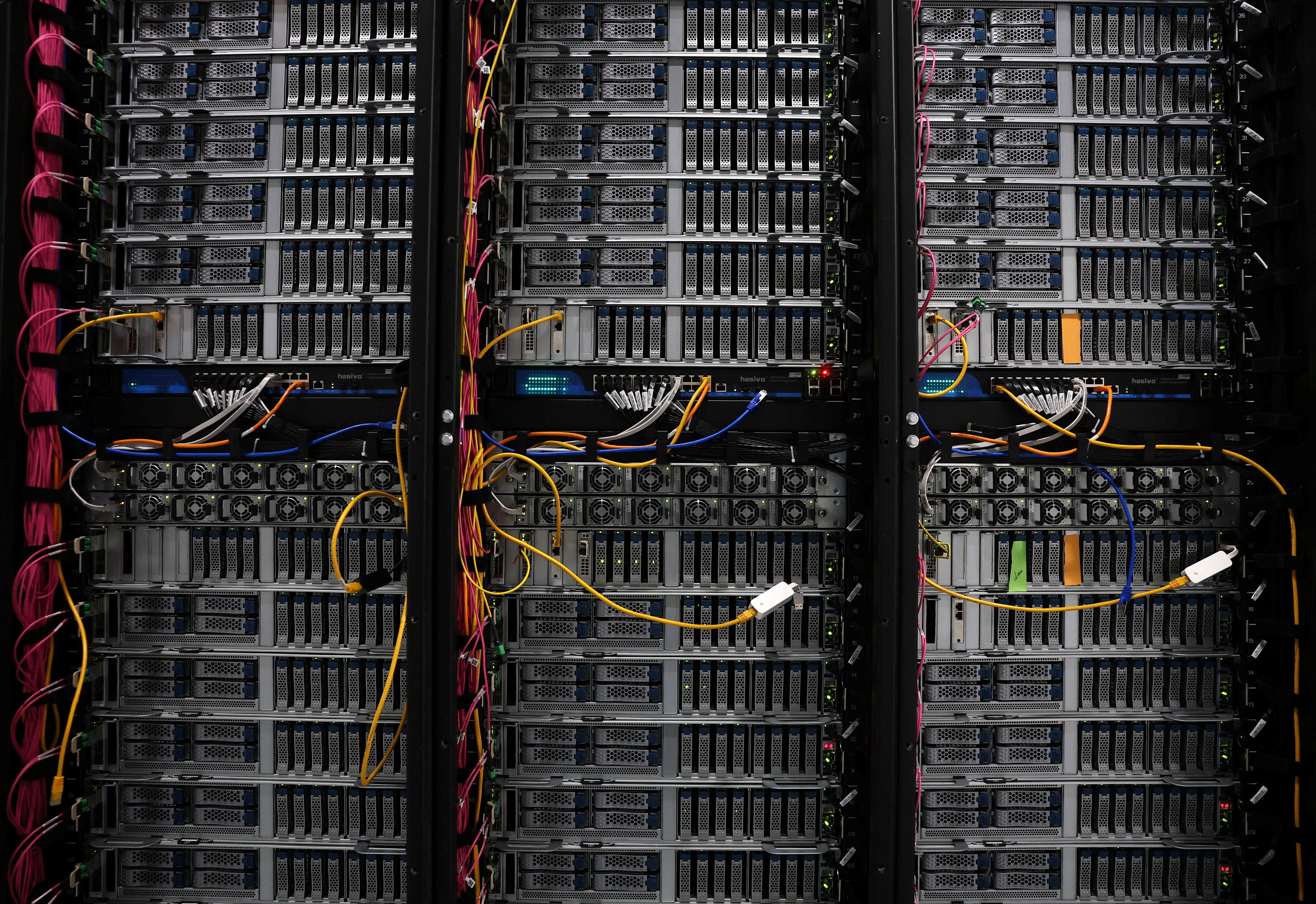Two's company: why you should never start a business on your own

Aaron Harvey suggests that having a business partner may be beneficial. Image: REUTERS/Jim Young CRB - RTRGQCN
The smartest decisions are rarely made alone.
The Entrepreneur Insiders network is an online community where the most thoughtful and influential people in America’s startup scene contribute answers to timely questions about entrepreneurship and careers. Today’s answer to the question “What are the benefits of starting a company with a partner?” is written by Aaron Harvey, co-founder and executive creative director at Ready Set Rocket.
A successful business is comprised of many moving parts. When I considered launching a business of my own, there was no question about whether or not I’d have a partner. After all, two minds are better than one. But even better are two minds that think about and approach those moving parts differently.
Like most other things in life, though, the healthiest of partnerships come with challenges. But the benefits usually outweigh them. Here’s what a partner can provide you with:
A counter perspective
The smartest decisions are rarely made alone. It was clear to me from the very beginning that my business partner offered a different approach to our decision-making process. He and I both evaluate risk differently, have varying opinions on new business opportunities, and sometimes find ourselves in heated debates. At the end of the day, it comes down to balance.
In order to achieve balance, both partners need to align on a greater vision and the goals that will help them get there. Our disagreements on tactics or approaches generally lead to better results for the growth of the agency, so long as we’re both aligned on what our end goals are. Our employees’ best interests also help keep us in check.
Accountability
In true collaborative fashion, my partner and I have varying commitments and focuses. But a partner means you get to rely on someone in times of need. I cover for him. He covers for me. There’s an unspoken understanding that exists between us. When you partner with someone who’s trustworthy, you can step outside of the confines of your day-to-day tasks and pursue opportunities that will push the future of your business. I can dedicate my time and energy to worthwhile opportunities knowing that the business is in good hands—and vice versa.
Accountability also ensures that you remember to do a good job, not just for yourself, but for the other person. For many entrepreneurs, productivity comes in waves. One day you’re highly ambitious, and the next you’re lost in the weeds of the day-to-day. It’s easy to get stuck or feel stagnant. A partner makes you more accountable because it’s not just your life on the line. It’s theirs, too. The added challenge of thinking from their perspective, approaching projects through a different lens, and coming up with creative ways to propose and sell opportunities flexes an important creative muscle. It opens up both minds to new ways of thinking.
Scope and scale
When we first started the business seven years ago, it was just the two of us. Since then, we’ve experienced smart, steady, and profitable growth. As a business begins to scale, owners need to be able to think strategically and solve complex challenges. This is how we spend the majority of our time.
That said, we’re no strangers to handling basic tasks because having flexibility in scale and capability is so important. All products that go out our door must meet high standards that, if we’ve done our jobs right, are well established from the beginning. We’ve hired talented, trustworthy people to make it happen, but we’ve made sure that we’re not so far removed from the nitty gritty that we can’t check in from time to time.
Burnout support
It shouldn’t come as a surprise that running a business takes a toll. There’s constant pressure to choose wisely, reinvent, and make money. I’ve put certain practices in place, like surfing and yoga, to ensure that I keep my burnout to a minimum. But it’s inevitable, especially in a time when we’re all constantly seeking to provide value.
If one partner gets to a point of burnout, there’s another standing by who’s equally as invested in the business and can step in. This support and fresh perspective is critical to delivering the best possible products and services.
Celebrate the wins
Every business owner needs to learn how to gracefully accept the losses and proudly celebrate the wins. A partner helps absorb some of the burden when it comes to the losses. Not only that, but a partner also helps shift focus away from failure and toward the next hurdle.
I’ve learned that losses can actually free up time to work on something more meaningful or blaze new trails. With a partner by your side and multiple approaches to deal with bad news, business owners are guaranteed to stay strategic. Similarly, there are certain smaller wins that can’t always be shared with the greater team, such as taking a risk on an expanding service sector or improving the quality of a benefits package while decreasing cost. In these instances, sharing them with someone who understands and is aware of what’s going on behind the scenes is a humbling morale booster.
Don't miss any update on this topic
Create a free account and access your personalized content collection with our latest publications and analyses.
License and Republishing
World Economic Forum articles may be republished in accordance with the Creative Commons Attribution-NonCommercial-NoDerivatives 4.0 International Public License, and in accordance with our Terms of Use.
The views expressed in this article are those of the author alone and not the World Economic Forum.
Stay up to date:
leadership
Related topics:
Forum Stories newsletter
Bringing you weekly curated insights and analysis on the global issues that matter.
More on BusinessSee all
Mahmoud Mohieldin and Vera Songwe
November 20, 2025







